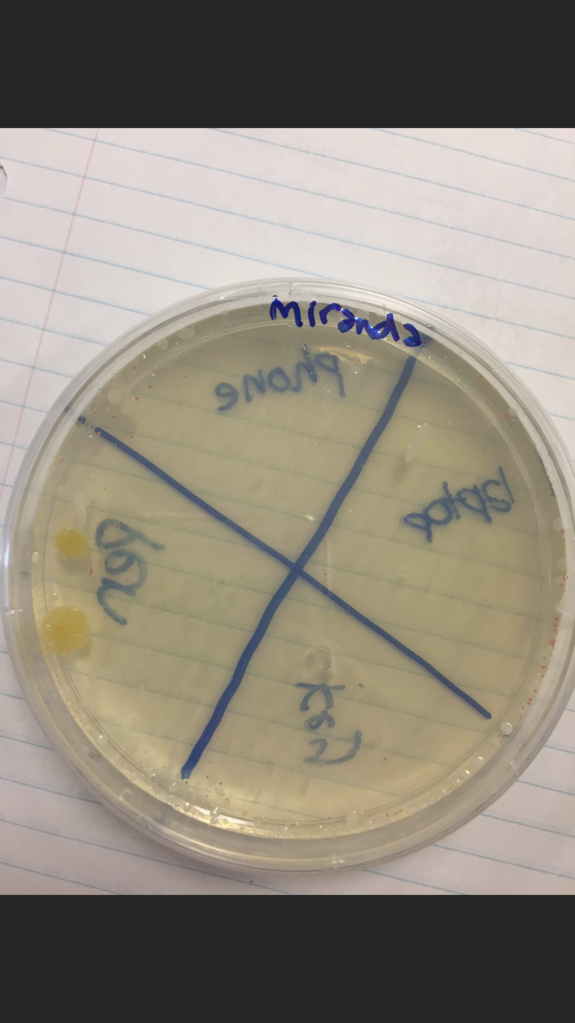
Safe lab practices
The safe lab practcies concept calls for a risk management strategy based on identification, analysis of hazards and application of remedial controls using a systems-based approach. ... The concept of system safety is useful in demonstrating adequacy of technologies when difficulties are faced with probabilistic risk analysis.

Introduction to Parasitology & medical Entomology
Parasitology is the study of parasites, their hosts, and the relationship between them. As a biological discipline, the scope of parasitology is not determined by the organism or environment in question but by their way of life. This means it forms a synthesis of other disciplines, and draws on techniques from fields such as cell biology, bioinformatics, biochemistry, molecular biology, immunology, genetics, evolution and ecology.

Fundamentals of Microbiology
Study of microscopic organisms, such as bacteria, viruses, archaea, fungi and protozoa. This discipline includes fundamental research on the biochemistry, physiology, cell biology, ecology, evolution and clinical aspects of microorganisms, including the host response to these agents.

B.VOC (MLT-FPQM - 2) VALUE EDUCATION AND HUMAN RIGHTS
Human rights education equips learners with knowledge of human rights and the mechanisms that protect them and instills values and attitudes that uphold human rights. It empowers people to become active participants in their communities, taking action for the realization of their rights and the rights of others.

Bacteriology,Mycology& Virology
Bacteriology is the branch and specialty of biology that studies the morphology, ecology, genetics and biochemistry of bacteria as well as many other aspects related to them. This subdivision of microbiology involves the identification, classification, and characterization of bacterial species.
Mycology is the branch of biology concerned with the study of fungi, including their genetic and biochemical properties, their taxonomy and their use to humans as a source for tinder, traditional medicine, food, and entheogens, as well as their dangers, such as toxicity or infection.
Virology is the study of viruses – submicroscopic, parasitic particles of genetic material contained in a protein coat – and virus-like agents.